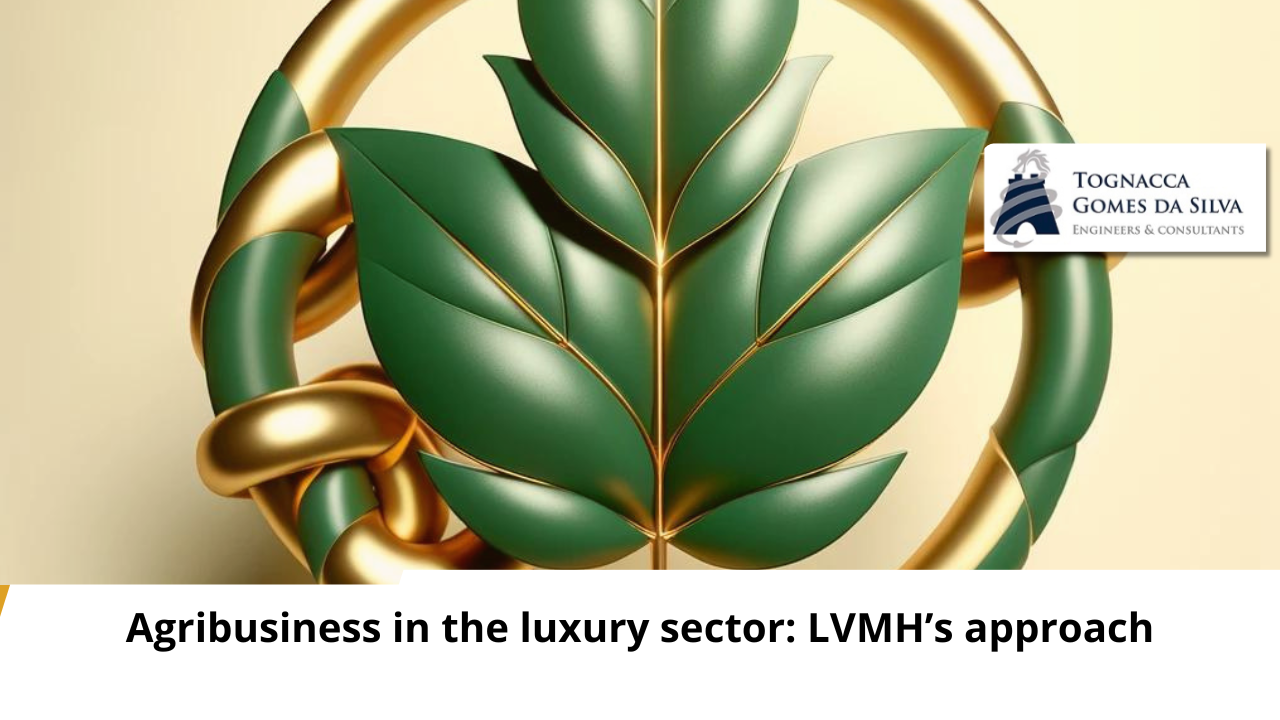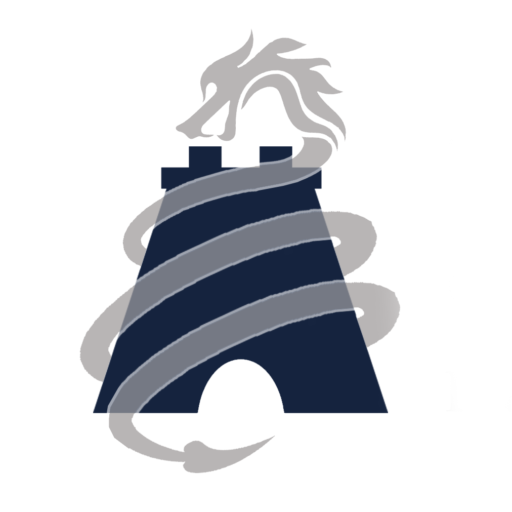LVMH integrates agribusiness into the luxury sector, adopting regenerative agriculture practices to positively impact the environment.
Agribusiness at the root of Luxury
LVMH, led by Bernard Arnault, is a conglomerate known for its dominant presence in the luxury market. Some brands that make it up are Louis Vuitton, Moët and Hennessy. In 2023, the group achieved revenue of 86.15 billion euros, marking a growth of 9% compared to the previous year. This financial success is directly linked not only to the sale of high-end products. But also the strategic management of its raw material sources, fundamentally rooted in agribusiness.
The importance of agribusiness in the luxury sector
Agribusiness plays an important role in providing essential raw materials to LVMH. From inputs for perfumes to the leather used in its renowned bags and fashion accessories, the role of agriculture in managing these resources is fundamental. Thus, the group has expanded its influence in the leather sector, acquiring stakes in notable tanneries and investing in the quality and sustainable origin of materials.
Leather and luxury
The fashion and leather goods segment, which saw a 9% increase in revenue in 2023, is an example of how agribusiness is being integrated into the company’s core business. Additionally, LVMH controls several leather processing facilities, such as the Roux and Riba-Guixá tanneries, specializing in cowhide and fine leather, respectively.
Innovation in fashion design
The introduction of sustainable alternatives into fashion design is one of LVMH’s most notable initiatives. In this sense, in 2023, the company launched products made from vegetable “leather” during the Louis Vuitton show at Paris Fashion Week. This innovative material is derived from waste from champagne production, highlighting LVMH’s ability to reuse byproducts in a way that aligns luxury with environmental responsibility.
Regenerative agriculture strategies at LVMH
LVMH’s embrace of regenerative agriculture reflects a growing commitment to practices that favor the recovery and sustainability of ecosystems. The partnership with CBA (Circular Bioeconomy Alliance) and the LIFE360 program are significant efforts in this direction. Aiming to restore five million hectares of degraded land by 2030, LVMH is at the forefront of the sustainability movement in the luxury sector.
Agribusiness and wines
In addition to leather and fashion, LVMH invests in sustainable practices in viticulture. The acquisition of Domaine des Lambrays and the management of Moët & Chandon exemplify how the company integrates agribusiness into its operations. So, these vineyards are not only production centers for some of the best wines in the world, but also places for implementing agricultural practices that respect and enrich the environment.
LVMH and its flirtation with a sustainable future of luxury
LVMH’s approach to integrating sustainability practices into its operational chain reflects a new trend in the luxury sector, where environmental responsibility and innovation go hand in hand. Ultimately, this strategy not only reinforces the company’s commitment to the environment, but also ensures the maintenance of the quality and exclusivity that its customers expect.
( source: bruna oliveira/ digital agro)



